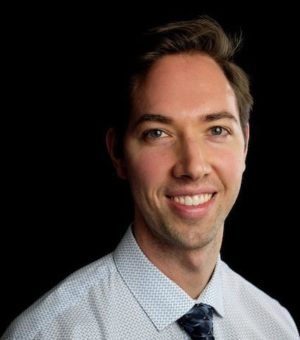
Stepping Up’s Set, Measure, Achieve Community of Practice
Note: Applications for this Community of Practice are now closed.
The Council of State Governments (CSG) Justice Center is hosting a virtual Community of Practice focused on positioning Stepping Up counties for success in Set, Measure, Achieve, the Stepping Up initiative’s latest call to action. Set, Measure, Achieve encourages counties to establish and reach measurable goals that demonstrate reduced prevalence of serious mental illness (SMI) in jails. The Community of Practice will be led by CSG Justice Center policy and research staff, with featured presentations from peer counties. Accepted participants will have opportunities for mutual learning and dialogue and will receive assistance in using an online reporting tool via Qualtrics software, which will allow counties to visualize their progress and analyze data to guide and evaluate their efforts.
Upon completion of the Community of Practice, participants will be equipped with strategies they can use in their own communities to guide data collection and analysis efforts, with the ultimate goal of reducing the number of people with SMI who come into contact with the justice system.
These sessions will be held in partnership with the National Association of Counties and the American Psychiatric Association Foundation, with funding support from the Jacob and Valeria Langeloth Foundation.
Community of Practice Dates for Accepted Applicants:
- Wednesday, April 28
- Wednesday, May 19
- Wednesday, June 16
- Wednesday, September 8 (Optional Session)
All sessions will take place 12:30–2:00 p.m. ET.
If you have any questions, contact Mark Stovell at mstovell@csg.org.
Who should participate?
We require each county to be prepared to participate as an interdisciplinary team comprising the following representatives: (1) jail administration; (2) county criminal justice/Stepping Up coordinator; (3) jail analyst and/or jail IT staff; and (4) staff from a community-based behavioral health treatment provider. Six team members at most may actively participate in each session; however, additional team members may join to listen in. The suggested attendees will vary for each session, with the exception of Stepping Up coordinators, who are advised to attend all sessions. Participating counties will coordinate with the CSG Justice Center to determine the appropriate combination of attendees for each session.
What will the sessions cover?
Session 1 will provide an overview of Set, Measure, Achieve and give counties an opportunity to share their baselines for the Stepping Up four key measures. Participating counties will receive assistance in determining the targets they can set based on their available baseline data. This session will also include a discussion about which tools are helpful for tracking progress and reporting outcomes, as well as a demonstration of a form in Qualtrics software that can assist with visualizing data for Set, Measure, Achieve.
Session 2 will review methods for tracking (a) jail bookings of people with SMI; (b) average length of stay for people with SMI; and (c) average daily jail population with SMI. The session will focus on how to use the Qualtrics form to track these measures, although participants will also be encouraged to share their processes for tracking the key measures, given that these processes vary from county to county.
Session 3 will review methods for tracking (a) post-release connections to care for people with SMI; and (b) jail rebookings for people with SMI. The session will focus on how to use the Qualtrics form to track these measures, although participants will also be encouraged to share their processes for tracking the key measures, given that these processes vary from county to county.
Session 4 will be optional. During this session, counties will have an opportunity to report out on progress that they’ve made since the beginning of the Community of Practice and discuss their upcoming goals for tracking targets over the next year.
ABOUT THE AUTHOR











